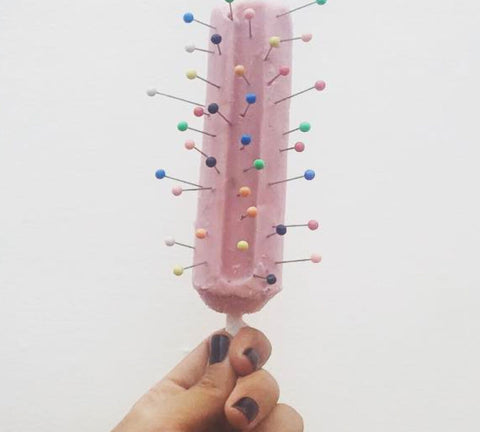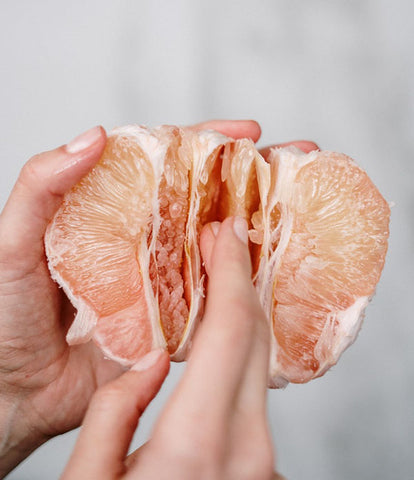Vulvodynia
We need to talk about Vulvodynia, the silent but painful female condition.

Vulvodynia is a condition that has a huge impact on the lives of those who struggle with it, and we want to help raise awareness of these women’s issues in order that no woman feels that she should suffer in silence or without help.
The Vulval Pain Society would describe Vulvodynia as: the term used to describe the condition experienced by women who have the sensation of vulval burning and soreness in the absence of any obvious skin condition or infection.
This provides not only a struggle, but also confusion for so many that experience these symptoms, as there is not always obvious evidence for why it’s happening; which in turn can have implications for its treatment.
Vulvodynia can present in different forms, either continuously as what is known as unprovoked pain, or pain that is provoked by touch. It can also be localised to certain areas of the vulva, for example the clitoris (clitorodynia) or around the opening to the vagina, or it can be a more general pain, which covers the entire vulval area and spreads to the buttocks or inner thighs.

This is not only a sexual condition but can impact daily life in ways such as choice of clothes, intimate care, and sitting comfortably or for a period of time. In short it can cause huge intrusion into the lives of the women who suffer from it.
Although these nerve fibres cannot be seen, this does not mean that the pain is not there.
Possible Treatments
- Medical Treatments that will need to be prescribed by a Doctor:
A low dose of tricyclic antidepressants such as gabapentin or nortriptyline can be used as a pain modifier. A soothing ointment or local anaesthetic gel for pain relief.
- Pelvic Physiotherapy:
for desensitisation of the pelvic floor muscles and reducing the excessive tone or tightness in the muscles that can develop.
- Psychosexual Therapy:
a psychosexual therapist (please visit the COSRT) can help you explore your feelings around the condition. They can also help you with creating positive changes in your life for managing the pain and developing coping strategies that work for you. Rima Hawkins of Psychosexual & Therapy Practice The Thought House Partnership says, ‘Psychosexual Therapy can help Vulvodynia sufferers to manage their pain, feel empowered and get to a place of healthy sexual health for them as an individual’
More holistic treatments
Deona Du Plessis who practices in Covent Garden’s Neal’s Yard, works with sufferers of Vulvodynia and explains that the complementary health technique Body Stress Release can help by promoting the release of stored tension in the body.
________________________________________________________________
You may also like: Endometriosis, Pain and Sex
________________________________________________________________
The most important factor here is finding what works best for you. Every case is individual, and so this may involve creating a treatment plan that works for you and your lifestyle that may use a combination of techniques or therapies.
Self Care Tips
- Wear 100% cotton underwear, and clothes that are not too tight or irritating around the vulval area.
- Don’t use any scented or flavoured shower gels or wet wipes that might cause skin irritation or any further distress.
- Make yourself comfortable as much as possible, try a cushion or donut shaped cushion on your chair, don’t suffer in silence as it will only exacerbate the problem. Try not to avoid touching your vulva completely as a complete lack of touch can build up sensitivity.
Useful Resources
- The British Society for the Study of Vulval Disease has a map of vulval clinics and services in the UK that you can use to search for services near you. You can’t self-refer to these services, but you could discuss a referral with your GP.
- The Vulval Pain Society.
- British Society for the Study of Vulval Disease (BSSVD) guidelines for the management of Vulvodynia.

